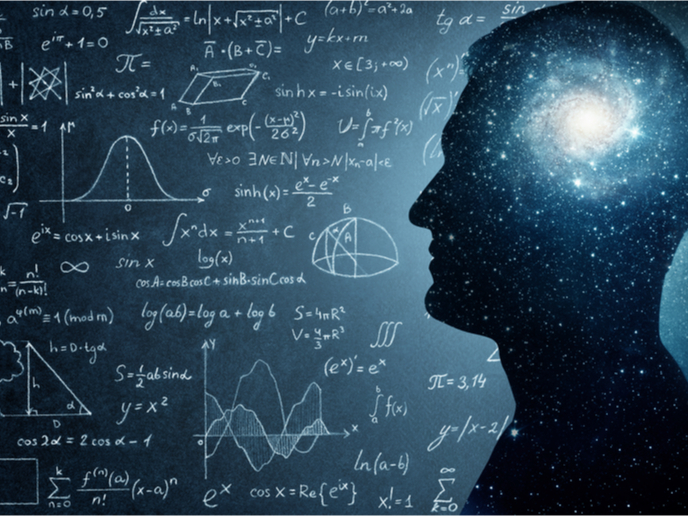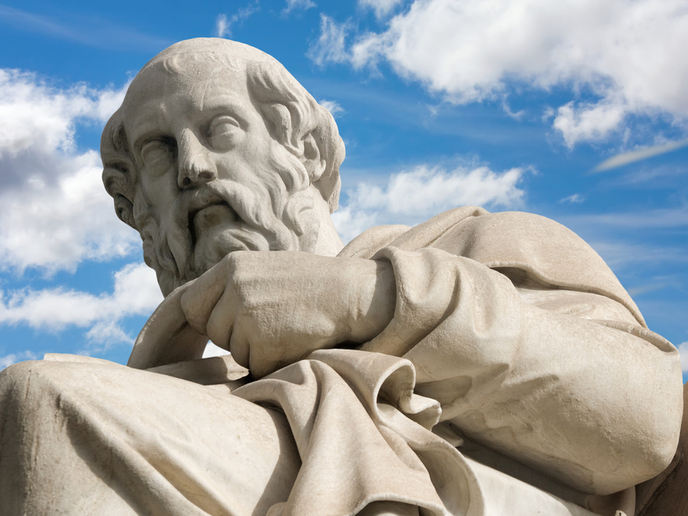Discussions on novel logics and formal theories for self-applicable properties
The EU-funded LOFUPRO project investigated the logical function of the notion of property and answered the question of what role properties play in our reasoning. Project work further focused on advancing formal theories of properties specific to self-applicable properties (e.g. theories of properties in which a substantial body of mathematics can be reconstructed) and investigating certain philosophical (metaphysical) questions regarding properties (e.g. what are abstract objects?). This research was undertaken with the support of the Marie Skłodowska-Curie Actions programme.
The notion of property
The notion of property is critically placed within philosophy, logic and formal semantics. For instance, there is a philosophical programme that aims to show that mathematics is reducible to property theory – that is, that numbers can be identified with or constructed out of properties, understood as abstract or logical objects. This programme is known as logicism as it tries to reduce mathematics to logic – where logic is understood in a broad sense and is supposed to include a theory of properties. However, explains Thomas Schindler, LOFUPRO project fellow, “the notion of property breeds paradoxes(opens in new window), i.e. there are intuitively sound chains of reasoning that lead to contradictions. This shows that our logical intuitions concerning properties are not reliable.” It seems that some properties apply to themselves, while others do not. For example, the property of being abstract is abstract; the property of being incoherent is not incoherent.
The property of being a property that does not apply to itself
The assumption that the property of being a property that does not apply to itself applies to itself leads to a contradiction; the assumption that it doesn’t also leads to a contradiction. “This paradox belongs to a group of paradoxes discovered around the beginning of the 20th century, the most famous of which is Russell’s paradox discovered in 1901,” Schindler continues. The question of how to solve such paradoxes has fascinated philosophers and logicians ever since. Such paradoxes teach us that there are certain deficiencies in our understanding of fundamental notions such as truth, property, set and definability. Schindler says that his most significant contributions to LOFUPRO are those pertaining to formulating (consistent) formal theories of properties that show that self-applicable properties can be used for foundational work in philosophy, logic and formal semantics. “I have developed novel logics/formal theories to deal with self-applicable properties – they exemplify a rich ontology of self-applicable properties and have rich mathematical content.” A collection of project-related events and talks is available on the LOFUPRO website(opens in new window). Notably, Schindler was a speaker at a two-day workshop organised and hosted by the project and titled ‘Propositions, properties, sets, and other abstract objects’(opens in new window). Schindler hopes this work opens new avenues for research on self-applicability and self-reference – phenomena that are still not very well understood from a formal point of view, but that pop up in many areas such as epistemology, computability theory, foundations of mathematics and formal semantics. He is currently working on an ERC project called ‘Truth and Semantics’ (principal investigator, Johannes Stern) with connections to LOFUPRO.







